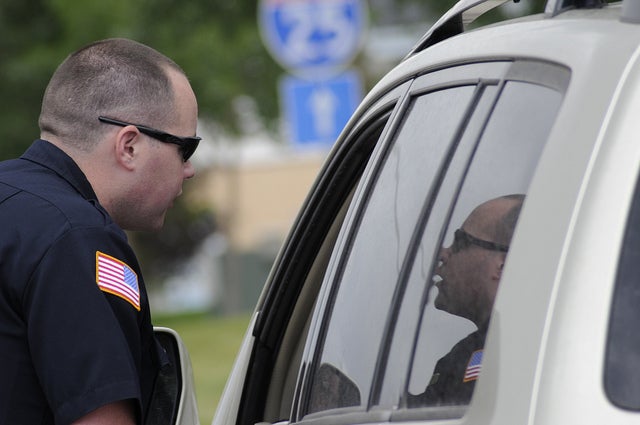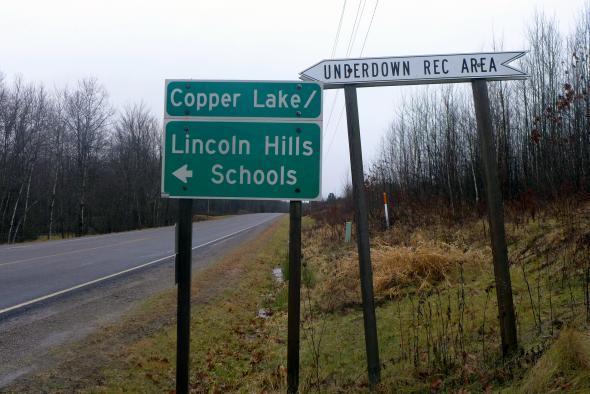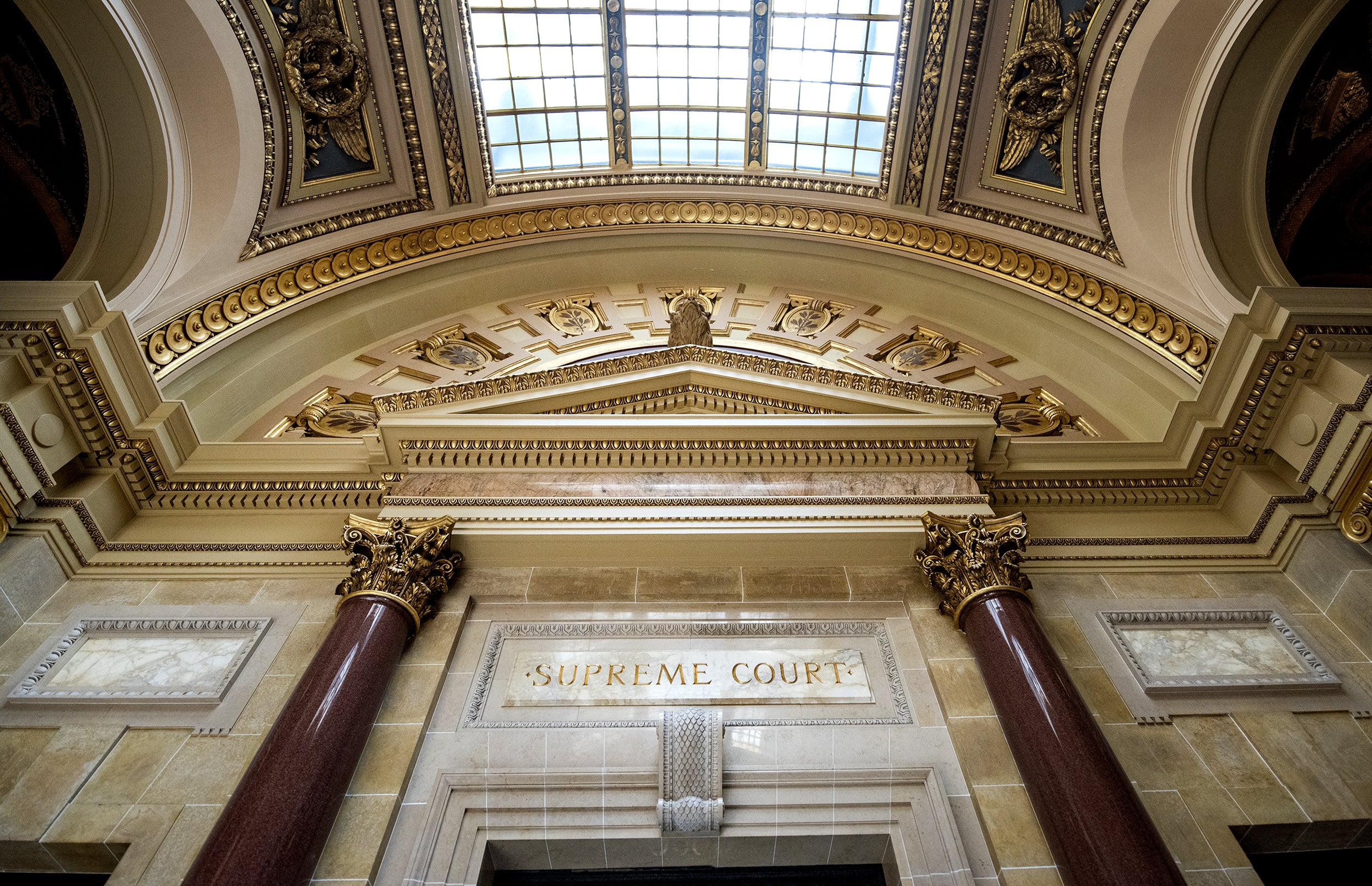The state Supreme Court is considering three cases this week that could help clarify state laws letting police draw blood from a suspected drunk driver without getting a search warrant first.
Two of the cases involve drivers being convicted of homicide from drunken driving. All three hinge on whether or not police tried to get a warrant for drawing the suspect’s blood before going forward without consent. The defendants in all three cases say the non-consensual blood draws violated their Fourth Amendment right to be free from unreasonable searches, making their blood alcohol levels inadmissible in court.
A recent U.S. Supreme Court ruling made it clear that police can’t simply argue they need the to get the blood drawn immediately without a warrant because the evidence of alcohol would dissipate in the body within three hours. They have to show they sought to get consent or a warrant before taking blood.
Stay informed on the latest news
Sign up for WPR’s email newsletter.
During oral arguments this week, Justice Patience Roggensack asked what the court’s ruling should require police officers to do in similar cases.
“What are the officers to look at now, so you can say, ‘Well they just have to get a warrant all the time, every time — there’s just no out to that.’ How do they follow their obligations under the law?” asked Roggensack.
University of Wisconsin-Madison law school professor Keith Findley said these cases force the court to balance the loss of evidence that could prove guilt against the Fourth Amendment rights of all citizens.
“On occasion a guilty person might get off, or the case against them be significantly weakened, because we have a larger societal interest in providing a mechanism for insuring that police comply with the commands of the Fourth Amendment,” said Findley.
How the justices will strike that balance won’t be clear until next summer, when the court issues rulings in these cases.
Wisconsin Public Radio, © Copyright 2025, Board of Regents of the University of Wisconsin System and Wisconsin Educational Communications Board.







